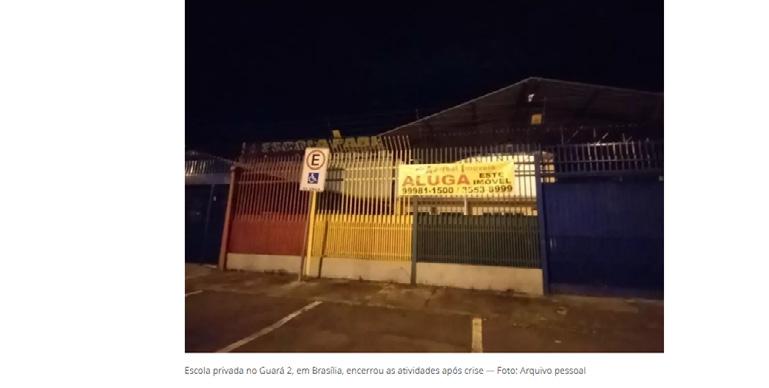
1 minute read
Inequalities and the impacts of Covid-19 on the attention paid to Early Childhood
The presence of risk factors such as poverty, food insecurity, violence, lack of access to health care and education services, as well as physical and mental health problems in the family environment, can negatively affect children’s development.
Properly understanding the impacts of the Covid-19 pandemic and the inequalities in the attention paid to Early Childhood in Brazil is, therefore, an essential step in the planning and implementation of actions based upon diagnostic data - actions that are capable of truly guaranteeing and promoting the rights of children and infant development. The Maria Cecilia Souto Vidigal Foundation undertook the study entitled “Inequalities and the impacts of Covid-19 on the attention paid to Early Childhood” with the aim of assessing the damages and working towards a situation whereby society, and especially public administrators, are mobilized to mitigate them.
With the support of the ‘União Nacional dos Dirigentes Municipais de Educação’ (‘National Union of Municipal Education Administrators’ / ‘Undime’) and the Colegiado Nacional de Gestores Municipais de Assistência Social (‘National Collective of Municipal Administrators and Social Welfare’ / ‘Congemas’) and a partnership with Itaú Social and Unicef, the study brought together evidence raised by a set of studies performed using official data bases and interviews with administrators and professionals in different Brazilian municipalities on the effects of the pandemic on the lives and attention paid to children aged between birth and 6 years and their families.
The publication looked at the inequalities and impacts of the pandemic on three dimensions of infant development: the socioeconomic aspects, education and health. The analyses showed the numerous damages felt and laid bare the regional inequalities of color/race and the social and economic aspects.
The study received technical support from the Faculty of Medicine of the University of São Paulo (FMUSP), the ‘Fundação Instituto de Pesquisas Econômicas’ (‘Economic Research Institute Foundation’ / ‘Fipe’), the Laboratório de Pesquisa em Oportunidades Educacionais da Universidade Federal do Rio de Janeiro’ (‘Educational Opportunities Research Laboratory of the Federal University of Rio de Janeiro / ‘Lapope/UFRJ’), the ‘CDE’ Plan and the Quantis Consultancy. It presented alarming data on the early years of the lives of children in our country, as well as evidence of regional, racial and income-related inequalities, whilst also making suggestions for committed and prioritized actions to be taken by elected administrators.









